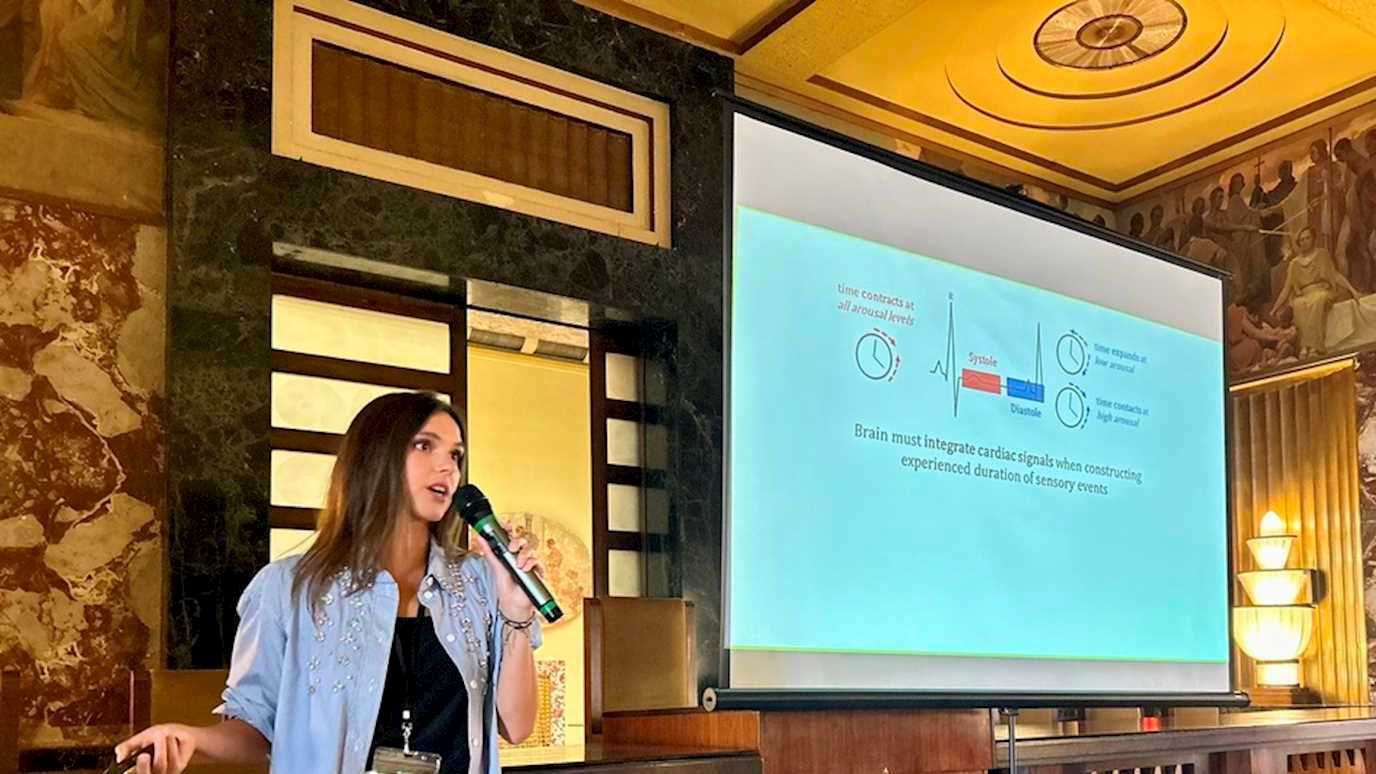Researchers from Royal Holloway, University of London, have published a new study in Cognitive Science that shows people are more likely to believe information given to them by a native speaker rather than those with a foreign accent, but that this bias can be reduced.

Whenever people process information, they evaluate it by relying not only on its content but also how easy it is to process. The new study carried out by academics from- the Department of Psychology at Royal Holloway shows that it is harder to process foreign-accented speech. As a result, people believe information less when it’s spoken in a foreign accent, but the study found that more exposure to foreign accents can reduce this bias by improving how individuals process the accent.
The results demonstrate how cognitive aspects of processing language can influence attitudes. In the study, participants listened to trivia statements by native and non-native speakers and rated how likely the statements were to be true.
Participants believed the statements less when they were provided by non-native speakers, but if they had been previously exposed to the foreign accent, they showed a smaller bias against the non-native speakers.
Dr Shiri Lev-Ari from the Department of Psychology at Royal Holloway, said: “Despite interactions between native and non-native speakers being very common in today’s society, prior research has indicated that individuals have biases that can lead them to treat the speech of non-native speakers less favourably.
“The results from our study are interesting because they highlight that people can reduce the bias they have against non-native speakers by having more exposure to foreign accents. This suggests that diversity can reduce discrimination against non-native speakers.”
‘Exposing individuals to foreign accent increases their trust in what non-native speakers say’, was carried out by Dr Shiri Lev Ari from the Department of Psychology and Katarzyna Boduch-Grabka, formerly from the Department of Psychology at Royal Holloway.























